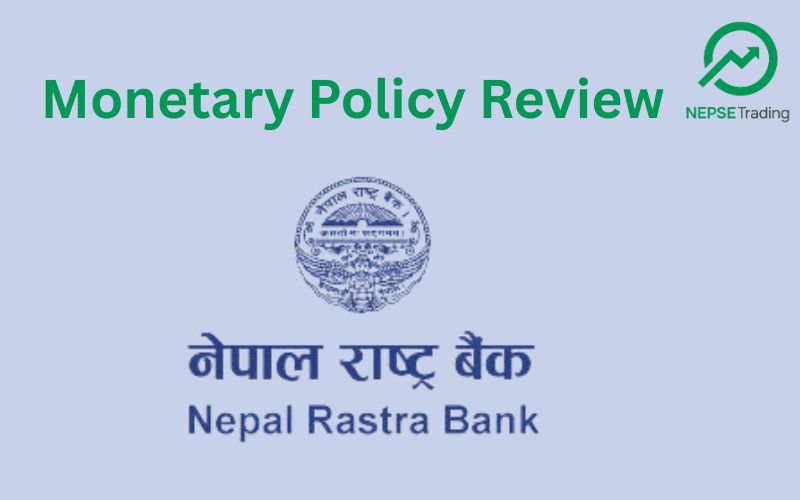By Dipesh Ghimire
Challenges in Hydropower Sector Share Structures: A Study by the Securities Board of Nepal

A recent study by the Securities Board of Nepal has raised concerns over the operational impact of converting the founder’s shares to the public at once. The study, led by the then Director Phanindra Gautam, primarily focuses on listed hydropower companies, along with a few other sectors. It highlights that when founder shares, particularly in the hydropower sector, are converted into public shares immediately after the lock-in period, it can lead to operational issues within the company.
The study, titled “Study on the Impact and Structure of Founder Shares in Listed Hydropower Companies,” suggests that when companies transfer large percentages of founder shares to the public at once, it negatively impacts their operations. This is particularly true for hydropower companies. The report suggests that the Securities Board should allow a maximum of 19% of the founder shares to be converted into public shares at any one time. This regulation would apply to sectors outside of banks, financial institutions, and insurance, where specific regulatory frameworks already exist.
The study also points out that, when hydropower companies issue IPOs, they should include a commitment to repay the public investment (pay-back period) before transferring a certain proportion of the founder shares. The process for transforming founder shares into public shares should be proportionate to this repayment period.
Furthermore, the study indicates that if proper regulations had been established based on this report, issues related to the International Securities Identification Number (ISIN) dispute, which has escalated recently, could have been avoided. The Securities Board, however, has not yet implemented these suggestions, which has led to further complications.
According to the findings, many founder shareholders in the hydropower sector have been selling their shares right after the lock-in period ends, thus leading to doubts about the long-term sustainability of these companies. The report revealed that out of 43 listed companies, 20 hydropower companies had founders who sold their shares after the lock-in period expired, contributing to a growing trend of founders withdrawing from their own ventures.
The study also identifies a structural flaw in hydropower companies where the founders seem to lack faith in their own projects, as they are quick to sell their shares. It was also noted that the majority of hydropower companies had high debt-to-equity ratios, indicating that these companies are operating with more borrowed capital than their own funds, which raises concerns about their ability to offer returns to investors.
In terms of cost analysis, the report shows a wide variance in the per-megawatt cost for hydropower companies, with the lowest at NPR 135 million and the highest at NPR 314.8 million. The concern is that these high costs are unsustainable and may hurt investor confidence in the long term.
The report also stresses the need for improved regulations to protect investor interests. It proposes changes to the legal framework governing hydropower companies’ share structures and suggests that these companies must maintain at least 30% of their shares with the founders for seven years. The Securities Board, according to the study, must develop a comprehensive mechanism in collaboration with other government bodies to ensure that projects are completed on time and that the shares offered to the public are structured in a way that ensures both company sustainability and investor protection.
In conclusion, the study advocates for reforms in the share structure and regulatory framework in the hydropower sector to protect both investors and the integrity of the companies involved.
Founder Shares and Public Transition: The core concern raised by the study is the sudden transition of founder shares into public hands after the lock-in period. This can destabilize the company’s operational structure and reduce the founder’s long-term commitment to the company. When founders sell their shares immediately after the lock-in period, it creates doubts about their faith in the company's future.
Regulatory Recommendations: The study recommends that the Securities Board of Nepal should restrict the transfer of founder shares to the public to no more than 19% in one go. This gradual transition will ensure that the company’s leadership remains stable and committed to its long-term goals.
Impact on Hydropower Companies: The report highlights the issue of high debt-to-equity ratios in hydropower companies. Many of these companies are operating with excessive debt, which can impact their financial stability and ability to deliver returns to investors. Moreover, the high per-megawatt costs of some projects show inefficiency and may raise questions about the viability of such projects.
Importance of Payback Period: Another critical suggestion from the report is that hydropower companies should commit to a payback period before converting their founder shares. This ensures that the companies fulfill their financial obligations to the public investors and create a more reliable and transparent path to public ownership.
Further Actions and Challenges: The study acknowledges that had these recommendations been implemented earlier, many of the ongoing issues, including the ISIN dispute, could have been avoided. The need for stronger policy measures to regulate the transformation of founder shares to public shares is critical to ensuring both market stability and investor confidence.
Policy Recommendations: In addition to the recommendations on share conversion, the study calls for comprehensive reforms in the hydropower sector's legal and regulatory framework. These reforms would ensure that hydropower companies are able to protect investors while also managing their debt levels and operational costs effectively.
This comprehensive study emphasizes the urgent need for regulatory adjustments to protect investor interests and ensure the sustainable growth of the hydropower sector in Nepal.









